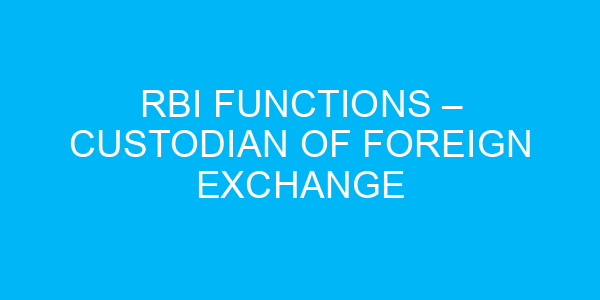16. The Reserve Bank of India (RBI) acts as a central bank by performing functions such as:
a) Issue and supply of currency notes and coins
b) Banker to the government and commercial banks
c) Regulating and supervising the banking sector
d) All of the above
17. The Reserve Bank of India (RBI) has the authority to intervene in the foreign exchange market to:
a) Stabilize the exchange rate and prevent excessive volatility
b) Boost exports by devaluing the domestic currency
c) Accumulate more foreign currency reserves
d) All of the above
18. The Reserve Bank of India (RBI) also acts as an advisor to the government regarding policies related to:
a) Forex management and exchange rate regimes
b) Capital account convertibility and forex liberalization
c) Foreign trade and balance of payments
d) All of the above
19. The Reserve Bank of India (RBI) is responsible for regulating and monitoring foreign exchange transactions carried out by:
a) Authorized dealers and money changers
b) Individuals and businesses engaged in foreign trade
c) Non-banking financial institutions and foreign banks in India
d) All of the above
20. The Reserve Bank of India (RBI) collaborates with other central banks and international organizations to:
a) Exchange information and best practices regarding forex management
b) Negotiate and enter into currency swap agreements
c) Facilitate cross-border monetary transfers and remittances
d) All of the above




